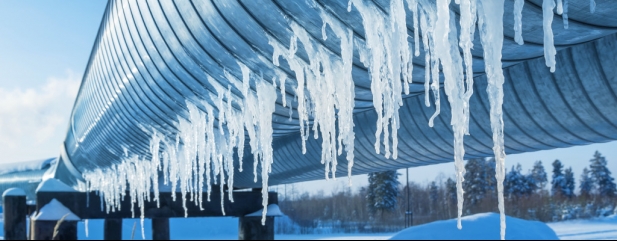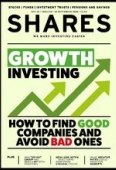Oil prices have had a very turbulent year. The fossil fuel traded above $70 per barrel in January as simmering tensions between the US and Iran threatened an escalated conflict in the Middle East and oil is now priced at around half that level.
The futures contracts on the US benchmark WTI dipped into negative territory at one point as Covid-19 dealt a devastating blow to demand and a price war briefly blew up between major producers Saudi Arabia and Russia.

Oil (and gas) production remain highly significant contributors to the Russian economy. In 2019 Russia’s Natural Resources and Environment Ministry estimated that the combined worth of the country’s oil, gas and other resources amounted to 60% of its gross domestic product.
The influence of the energy sector can be seen in the correlation between oil prices and the Russian GDP – although there are signs that the link between the two is starting to weaken.
In a June 2020 report the World Bank specifically referenced oil as it commented: ‘With oil prices averaging $32 per barrel in 2020 and the global economy contracting by 5.2% year-on-year, the baseline scenario suggests a contraction of Russian GDP by 6%, an 11-year low, with a moderate recovery in 2021-2022.’
Could the ongoing volatility in oil act as a spur for the country to reduce its reliance on the export of hydrocarbons and focus on developing other sectors? In August 2020 Russia demonstrated some intent in this area as it launched a Year of Scientific and Technological Innovation in partnership with China.
This outlook is part of a series being sponsored by Templeton Emerging Markets Investment Trust. For more information on the trust, visit here.
‹ Previous2020-09-24Next ›

 magazine
magazine









